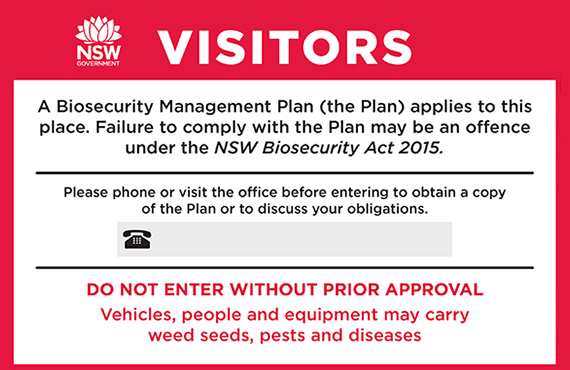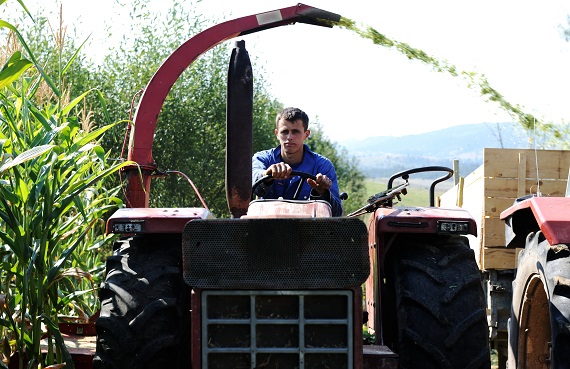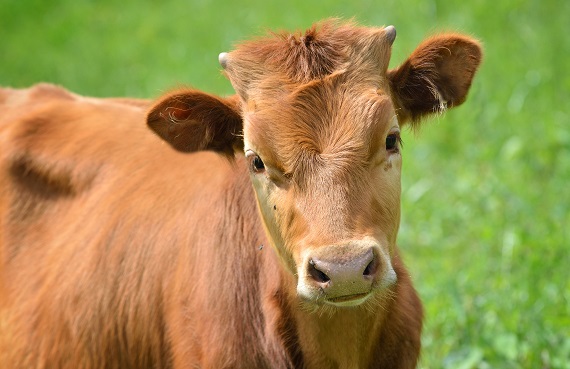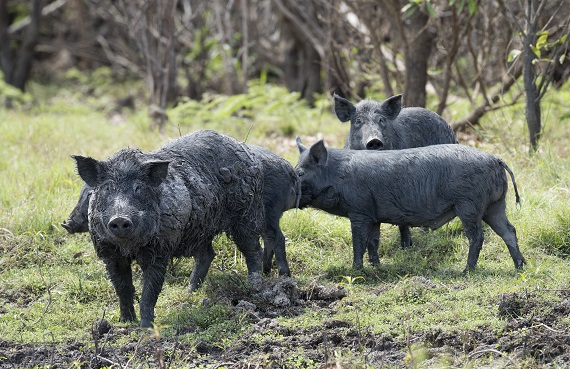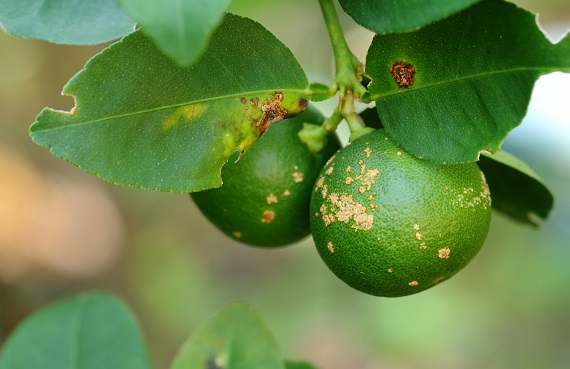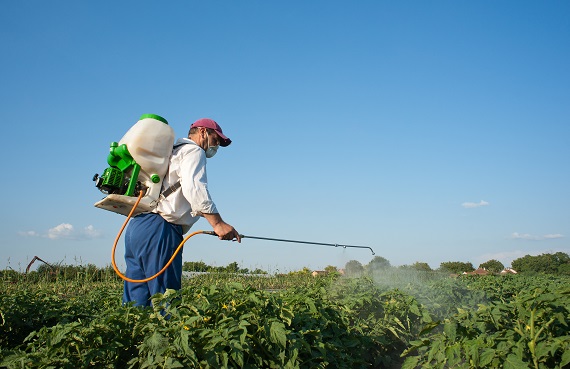
Primary producers
Biosecurity is good for business
Practicing good biosecurity means taking action to protect your property and business from the negative impacts of pests, diseases, weeds and contaminants.
Being biosecure will help:
- Provide NSW businesses and farmers good access to premium markets around the globe
- Deliver better yields and decrease costs of primary production
- Ensure you can provide locally-grown, safe food and fibre to the people of NSW
- Reduce stock losses and infrastructure damage by pest animals.
Everyday farming practices are all part of being biosecure. This includes:
- Good weed management
- Pest animal control and management
- Participating in the National Livestock Identification System, traceability and market assurance programs
- Having the right licences, registrations and permits
- Preventing the spread of disease and pests by checking materials and machinery when they enter and leave your property for unwanted hitchhikers
- Educating farm visitors on the importance of biosecurity
- Having an emergency disease action plan.
The essentials
There are certain actions a producer MUST legally take to be biosecure. These are detailed in the Biosecurity Act 2015 and supporting legislation.
The laws cover things that are likely to have the biggest impact on our economy, environment or community. They include rules around:
- High risk and priority pests and diseases that MUST be reported - these are known as ‘notifiable pests and diseases’, ‘prohibited matter’ and ‘biosecurity events’
- Controlling the movement, keeping and release of pest animals
- Controlling the movement, treatment and importation of plants
- Having the right accreditation, registrations, certificates and permits.
Visit the Biosecurity policies and procedures page for more.
Your general biosecurity duty
As well as prescribing the rules for high risk biosecurity matter, the Biosecurity Act 2015 includes a biosecurity duty for primary producers and everyone who deals with biosecurity matter.
This means that all tiers of government, industry and the people of NSW need to work together to protect the economy, environment and community from the negative impacts of pests, diseases, weeds and contaminants.
This means primary producers and land managers need to:
- know about your biosecurity risks
- know what action should be taken to manage these risks
- take effective action to manage the risks relevant to you.
Land managers and primary producers are supported in managing biosecurity by the department, Local Land Services, other public and private land managers, community members and peak industry bodies.
Visit the General biosecurity duty page for more information.
Have a plan
The trick to managing biosecurity is that every farm will have different challenges and risks to manage based on its location, seasonal conditions, what is being produced, and its visitor profile.
From 1 August 2019, people entering areas where a Biosecurity Management Plan applies must comply with the measures outlined in the plan. Failure to comply with these arrangements when dealing with biosecurity matter, such as animals or produce, may be an offence under the Biosecurity Act 2015. Penalties can include an on the spot fine of $1000 or a court ordered fine of $220,000 for individuals and $440,000 for corporations.
A farm biosecurity plan can help you to identify the risks on your farm and prioritise the biosecurity practices relevant to those risks.
Information on how to develop a farm management plan can be found at Farm Biosecurity.

